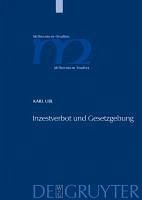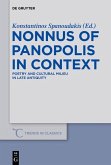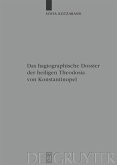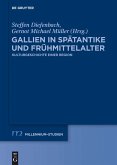From the 6th to 11th centuries, the prohibition of marriage between relatives (incest) often headed the agenda of legislative assemblies and can be seen as a key topic of this age. The reasons for this unique development have occupied ethnologists, sociologists and historians for quite some time. This book is the first to trace the radical expansion of marriage prohibitions across epochs and advances the thesis that this development came about as a result of the decline of power in Antiquity and the changing functions of legislation.
Dieser Download kann aus rechtlichen Gründen nur mit Rechnungsadresse in A, B, BG, CY, CZ, D, DK, EW, E, FIN, F, GR, HR, H, IRL, I, LT, L, LR, M, NL, PL, P, R, S, SLO, SK ausgeliefert werden.
"Seine neue Lesart der Inzestverbote auch als [...] Einladung zu einer weitsichtigeren Heiratspolitik ist überzeugend und schließt eine große Lücke der Forschung, die bislang allzu sehr auf kirchliche Interessen und kirchliche Rechtstexte fixiert war."
Christof Rolker in Zeitschrift der Savigny-Stiftung für Rechtsgeschichte 128/2011
Christof Rolker in Zeitschrift der Savigny-Stiftung für Rechtsgeschichte 128/2011









